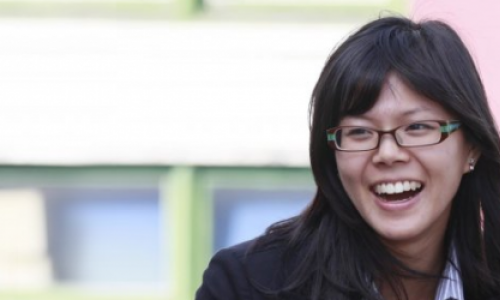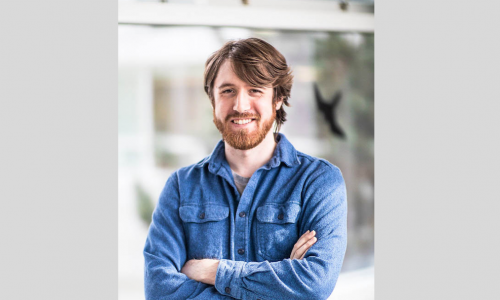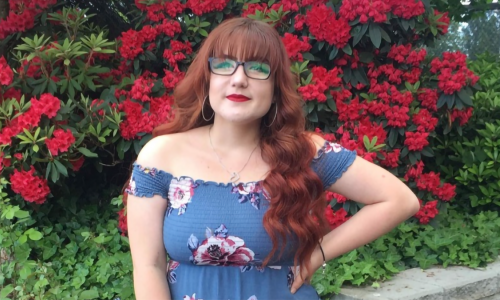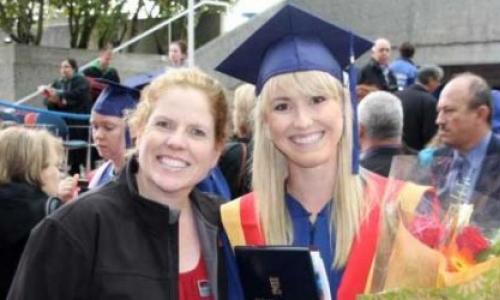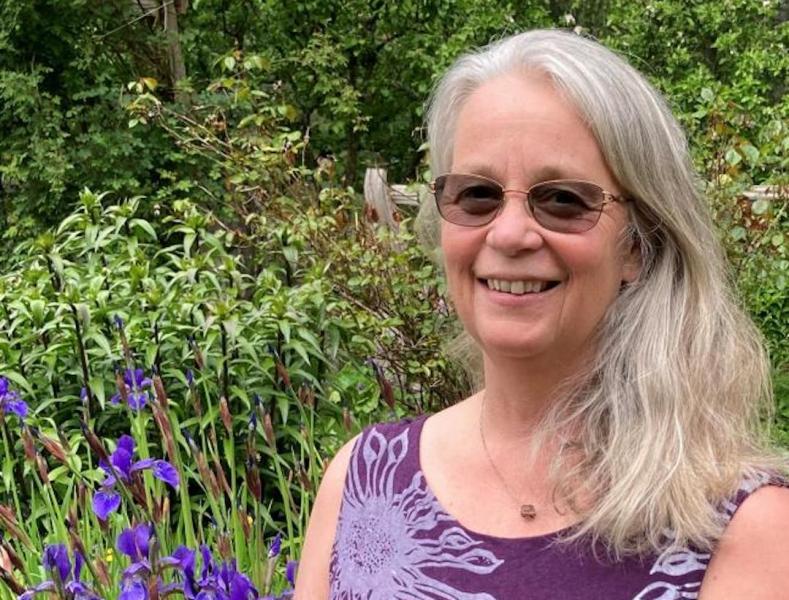
For graduand and student speaker Joanna Fraser, her passion and drive for reconciliation and nursing education comes from a lifelong journey of professional and personal experiences, beginning as a child immigrating to Canada from Nakaru East Africa.
Fraser was born in the early 1960s during the Mau Mau resistance movement. Originating in the 1950s, the movement aimed to resist British domination and restore independence to the people of Kenya. Born to a family of farmers, builders and healers of British, Dutch and Welsh ancestry, her parents supported returning governance to the African people. With the decision to immigrate to Canada her family left their farmland to the Kikuyu people who were from there. This early experience of leaving a country, and everything behind, due to colonial relations left a lasting impact on Fraser as she settled into life in Western Canada, eventually deciding to continue the family tradition of rural living and pursuing a career in nursing.
As a community nurse and diabetes educator, Fraser had the opportunity to work with and learn from many First Nation’s people living on the north end of Vancouver Island and in Haida Gwaii. “I mostly learned from people in the Kwakwaka’wakw, Haida and Nuu-Chah-Nulth communities,” says Fraser. “A lot of what I learned was about the incredible independence and ingenuity of people who lived in rural and remote areas. I also learned about the diversity of knowledge and values people hold around health and wellbeing. It was a beginning to my understanding of how social systems often set up by people with urban and centralized experiences do not always serve the people living in more remote areas well.” This experience inspired Fraser to explore how to serve rural/remote communities in a more meaningful way. Ultimately this led her to University of Calgary where she pursued Master’s in Education focusing on organizational change and leadership. In 2001, she graduated and began teaching nursing at North Island College (NIC).
Working as an instructor at NIC, Fraser experienced first-hand the issues and complexities of Western ways of learning and teaching and sought to transform the nursing curriculum with the help of Indigenous mentors:
“When I started teaching at NIC the nursing program was just beginning to take on the two upper years of a degree program. My background in community health was a good fit with the new courses being offered. Due to the lack of people with Indigenous knowledge or ancestry at NIC, I was asked to teach an Indigneous (then Aboriginal) health elective. Feeling uncomfortable with this I went to my Indigenous mentors and asked what to do. That first year I taught the course in a traditional seminar style, with Indigenous knowledge holders coming to share what they would with the nursing students and me. This never felt right. I was well compensated for my role as an instructor, but the people who came and so generously translated their knowledge for us into a Western way of learning were not as well compensated. There were limits to what was considered a reasonable honorarium. Again, I went back to my Indigenous mentors and through a long process, I was invited to bring nursing students to live and learn with community members in Wuikinuxv territory (Rivers Inlet) off of the North end of Vancouver Island. Beginning in 2007, the field schools alternated between Wuikinuxv and Dzawada’enuxw communities.
These field school programs profoundly impacted Fraser both professionally and personally and drove her passion in a new direction towards further exploration of school programming. “I knew something important was happening at the field schools, but I didn’t know how I could share it in a useful and ethical way with others,” says Fraser. “I [returned to SFU] and started the EdD in Culturally Inclusive Place Based Learning in 2015 with the hope that I would learn how to share my story of co-facilitating Indigenous led, wellness oriented, land-based immersion field schools.”
The blended format of the CIPBL program at SFU along with learning out on the land in different territories (Haida Gwaii, Terrace and Sechelt), allowed Fraser to explore her vision and strengthen her passion for transformative reconciliation in nursing and go on a journey of re-connection and finding belonging. These experiences and discoveries are shared in her dissertation entitled Earth dance and fire song: A journey towards transformative reconciliation in nursing education.
“I have been gifted in the hopes that I can contribute to transformative reconciliation in nursing more generally. I believe that Nursing and Education are in need of great healing from a legacy of colonial harms… My vision implores nurses and nurse educators to take up Indigenist understandings in order to fulfill our social mandate to society to care for the health and wellbeing of all people, and by association, the environment. It is important to note that being Indigenist as explained by Indigenous scholar Sean Wilson does not mean being Indigenous nor does it mean appropriating or idealizing Indigenous knowledge. It means taking up a set of values much like men can take up feminist values without being a woman and not all women are feminists. The learnings I have been gifted from Indigenous teachers are seeing everything in complexity and experiencing everything as relationship. Ultimately, my vision is to reimagine nursing and nursing education so that we can heal ourselves, each other, and the land we depend on.”
As Fraser prepares to cross the convocation stage and graduate, she begins a new chapter and new career path, retiring from full time teaching at NIC and focusing more on reconciliation work in health care. “I would like to help address the racism crisis in health care by providing more opportunities for people (mostly health care professionals, nurses and student nurses) to live and learn from Indigenous people in remote communities. I believe that building reconnection and relationships is the best way to heal from colonial harms. This is what I have learned [from this program] and from co-facilitating the field schools.”
Reflecting on her professional and personal journey, Fraser has this piece of advice to share with current and prospective students:
“Follow your passion, and it's OK if you end up on a different path and feel lost for a while. Every path will teach you more about yourself. My belief is that the best educational experience is personally transformational. It helps you to learn who you are and where you come from so you can find your purpose and be of better service to your community. I think there is something for everyone at SFU and that as long as you are open to being challenged and at times to being vulnerable, you will find a place where you can grow and become whoever it is you were meant to be so you can do whatever it is you are meant to do."
This story was originally published on the Faculty of Education website on June 7, 2022.











